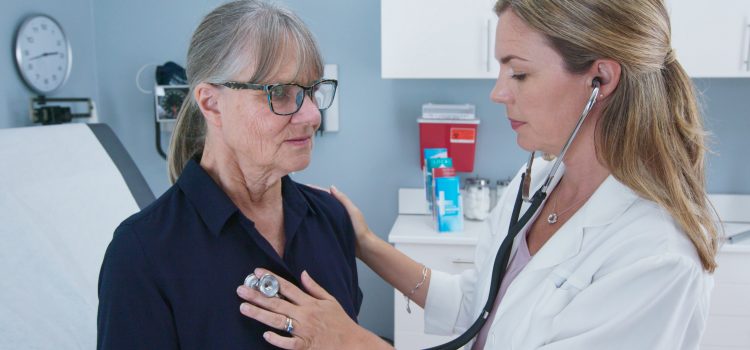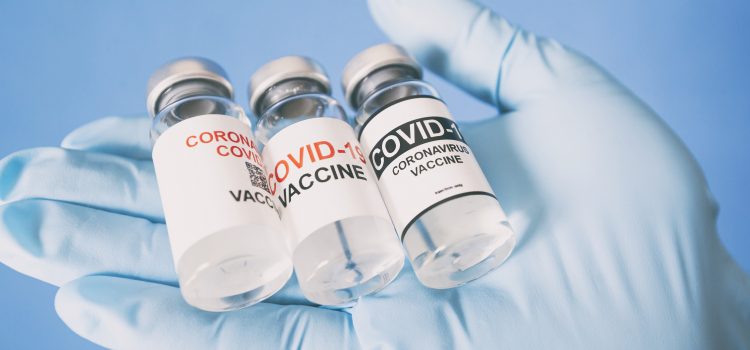Even patients who recover quickly from COVID-19 infection may continue to struggle with brain fog months after they’re past physical symptoms of the virus, according to a new research letter published online by JAMA Network Open. Perhaps most surprisingly, cognitive dysfunction showed up in patients between 38 and 59 years more than 7 months post infection. The data were drawn from the cases of 740 patients tracked through a Mount Sinai Health System registry between …
Read More









